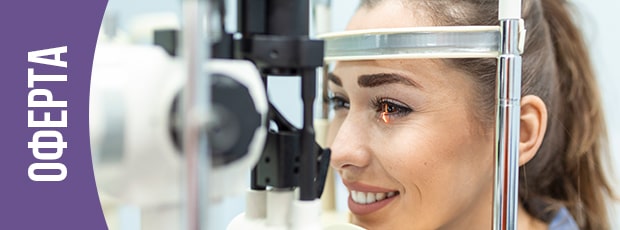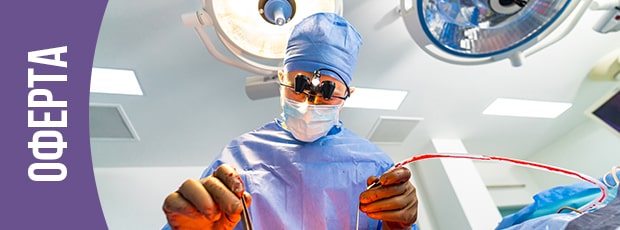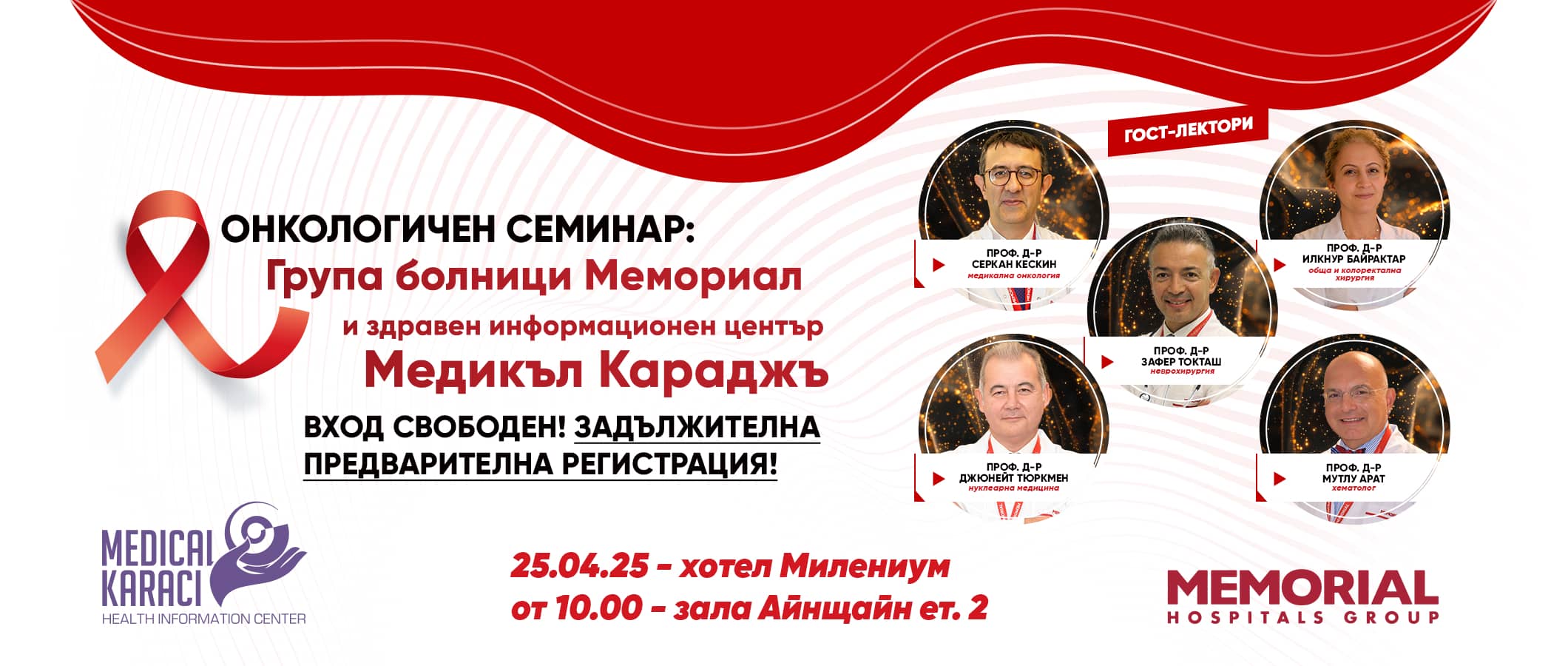Breast reconstruction surgery is suitable for women after breast cancer surgery to restore shape. This is called breast reconstruction surgery. It is best to consult a plastic reconstructive surgeon before having surgery to remove the tumor or breast. This allows the specialists to plan the best treatment for you, even if you decide to wait and have reconstructive surgery later.
Reasons for breast reconstruction
A woman may choose breast reconstruction for many reasons:
- Restoring a balanced shape and appearance of the breasts
- Avoid the use of external prosthesis
- To feel better in your body
Breast reconstruction often leaves scars, but they usually fade with time. Thanks to newer techniques, the scars are even more delicate.
After a mastectomy, breast reconstruction can renew your self-confidence, but keep in mind that the reconstructed breast will not be exactly the same as your natural breast. If tissue from your abdomen, back, or thigh was used as part of the reconstruction, these areas will also look different after surgery. Talk to your surgeon about scarring and changes in the shape of the areas before making a decision.
Can reconstructed breasts affect cancer?
Studies have shown that reconstruction does not lead to breast cancer recurrence. If the cancer does reappear, the reconstructed breasts should pose no problems for cancer detection or treatment.
Some important things to know
You may have the choice of having breast reconstruction at the same time as surgery for breast cancer (immediate reconstruction) or later (delayed reconstruction).
Some women do not want to have reconstruction while they are being treated for breast cancer. If this is the case, delayed reconstruction may be done.
The reconstructed breast will not have the same sensitivity as the natural breast. The sites from which the tissue was taken for breast reconstruction (donor sites) may also lose some sensitivity. Over time, the skin may become more sensitive.
The recovery process can be affected by previous surgery, chemotherapy or radiotherapy, also by smoking, diabetes, obesity and other factors.
Surgeons may advise you to wait with the reconstruction, especially if you smoke or have other health problems. It is often recommended to quit smoking at least 2 months before reconstructive surgery to allow for a better recovery. You may be denied reconstruction if you are overweight, actively smoke, or have circulatory problems.
The surgeon may suggest surgery to reshape your other breast to match the reconstructed breast and achieve symmetry. This may involve reducing or increasing the size or even surgically lifting the breast.
If irradiation will be part of the patient's treatment, surgery for immediate reconstruction may be postponed.
Types of breast reconstruction procedures.
Several types of reconstructive procedures are available and often the process means more than one surgery. Give yourself enough time to make the best decision for you, only after you are fully informed.
The two main types of breast reconstruction are with an implant and with your own tissue. For all types of breast reconstruction, there is often an option for repeat procedures such as fat transfer and scar revisions. Breast reconstruction can also recreate the nipple-areola area, which can be done with a minor surgical procedure, tattooing, or a combination of both for the most natural-looking result
Some of the factors that are taken into consideration before surgery:
- Overall health
- The size and location of the tumor
- Breast size
- Whether you will need additional treatment
- The amount of tissue available for reconstruction (for example, very thin women may not have enough extra abdominal tissue to use this area for breast reconstruction)
- Post-operative recovery period
- How reconstructive surgery can affect other parts of the body
Your surgeon will review your medical history and overall health and explain which reconstructive options may be best for you based on your age, health, body type, lifestyle, goals, and other factors. Talk openly with your surgeon about your preferences. Be sure to express any concerns and priorities you have about reconstruction, and find a surgeon you feel comfortable with. He or she should explain the limitations, risks, and benefits of each option.
It's important to have an idea of what to expect after your breast reconstruction surgery, including possible risks and side effects. How long it will take you to recover depends on the type of reconstruction. Most women start to feel better after a few weeks and can return to normal activities after a few months. Make sure you understand how to care for and monitor your breasts, including regular mammograms and other imaging tests depending on the surgery you had.








